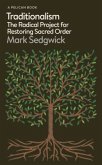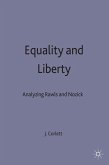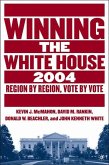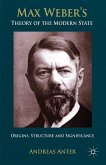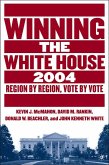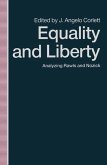In "Patriarcha," Robert Filmer presents a compelling defense of hereditary monarchy and patriarchal authority, articulating a vision where the king is akin to a father whose authority is divinely sanctioned. Utilizing a blend of political philosophy and biblical interpretation, Filmer constructs a theoretical framework that supports absolute monarchy, positing that political power, like familial authority, is rooted in nature. His prose, marked by an assertive style, engages with contemporary debates on governance and the divine right of kings, situating the work within the tumultuous political landscape of 17th-century England, particularly amidst the emerging challenges to monarchy posed by the English Civil War and emerging Republican thought. Robert Filmer, an English political theorist, held a staunch belief in the divine right of kings, which likely stemmed from the turbulent political environment of his time. His aristocratic upbringing and education provided him with a vantage point to critique the evolving notions of governance and authority. Filmer's writings emerge as a counter-narrative to the growing popular support for philosophical egalitarianism, insisting on the sacred and natural legitimacy of absolute rule. "Patriarcha" is essential for readers interested in political philosophy, historical debates on governance, and the evolution of monarchy. Filmer's arguments not only illuminate the context of his era but also offer enduring insights into the foundations of authority and the role of tradition in politics. Engage with this provocative text to explore its resonances in both historical and contemporary discussions of power.
Bitte wählen Sie Ihr Anliegen aus.
Rechnungen
Retourenschein anfordern
Bestellstatus
Storno


